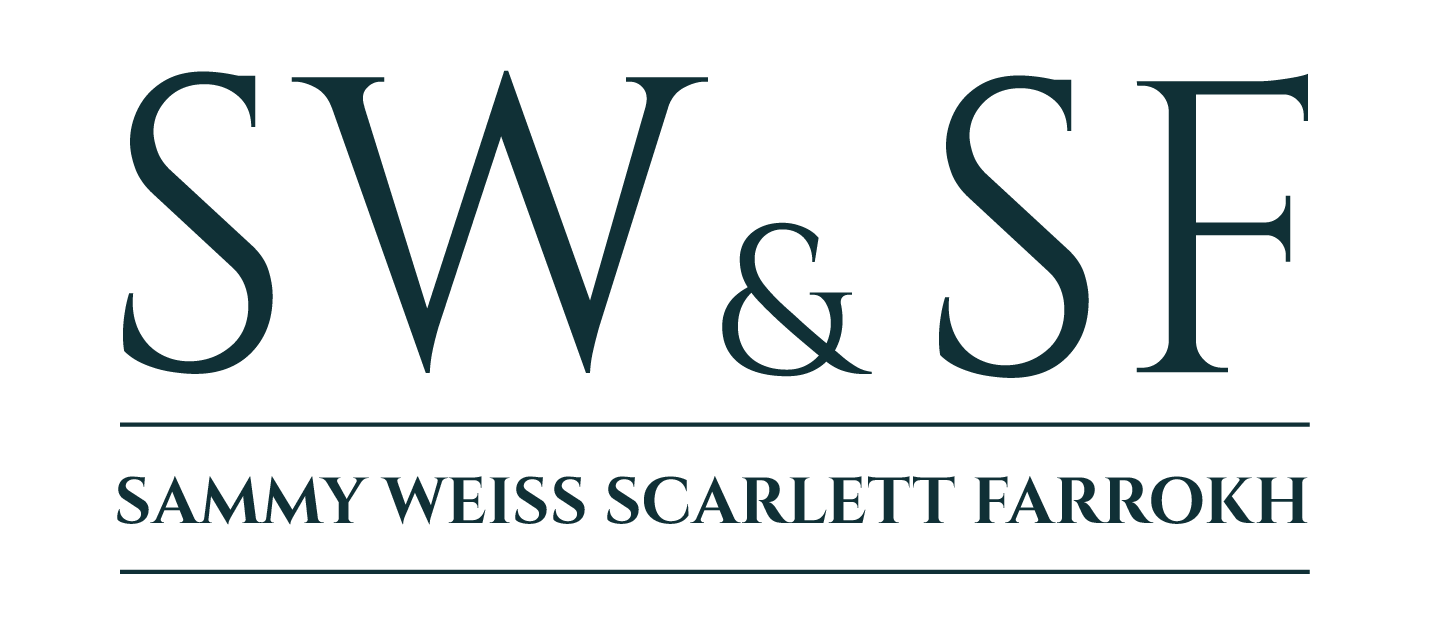What is the Usual Contingency Fee for Personal Injury Cases in California?
In California, the usual contingency fee for personal injury cases is between 33% and 40% of the settlement or court award. This means that if the case is successful, the lawyer will receive a percentage of the compensation as their fee. The specific percentage often depends on whether the case settles before a lawsuit is filed, goes to trial, or involves an appeal. If the case settles early, the contingency fee is generally on the lower end of the range, but if the case goes to trial or requires more extensive litigation, the fee may increase.
This arrangement allows clients to access legal representation without paying upfront fees. The attorney takes on the risk of the case, and if there is no recovery, the client does not owe any legal fees. This structure is beneficial for many clients, as it ensures that the lawyer is motivated to maximize the compensation.
What is the Maximum Contingency Fee in California?
The maximum contingency fee in California for most personal injury cases is not explicitly capped by law, but fees typically range between 33% and 40%, depending on the complexity and stage of the case. However, certain types of cases, such as medical malpractice claims, have statutory limits on contingency fees. For medical malpractice cases, California law caps attorney fees at 40% of the first $50,000 recovered, 33.3% of the next $50,000, 25% of the next $500,000, and 15% of any amount over $600,000.
For general personal injury cases, the fee percentage may be negotiable between the attorney and the client, but it is important to ensure that the agreement is fair and reasonable. Clients should feel comfortable discussing fee structures with their lawyer and should have a clear understanding of how the fee will be calculated before signing any agreements.
How to Tell if Your Lawyer is Cheating You on a Settlement?
It is crucial to trust that your lawyer is acting in your best interest, but there are some warning signs that may indicate unethical behavior. One red flag is a lack of transparency. If your lawyer is unwilling to provide you with detailed information about settlement offers, legal fees, or how the settlement amount is calculated, this could be a sign of misconduct. A trustworthy attorney will always keep you informed and explain the steps they are taking on your behalf.
Another warning sign is pressure to accept a low settlement. If your lawyer seems eager for you to accept a settlement that you feel is insufficient or does not fully cover your damages, it may be because they are trying to close the case quickly to receive their fee. It is important to remember that you have the right to make the final decision about whether to accept a settlement offer.
You can also check if your lawyer is charging unreasonable fees or expenses. Reviewing the fee agreement you signed initially can help you determine if the charges match what was agreed upon. If you suspect unethical behavior, consider getting a second opinion from another personal injury attorney. Most lawyers offer free consultations, and they can provide insight into whether the settlement and legal fees are fair.








